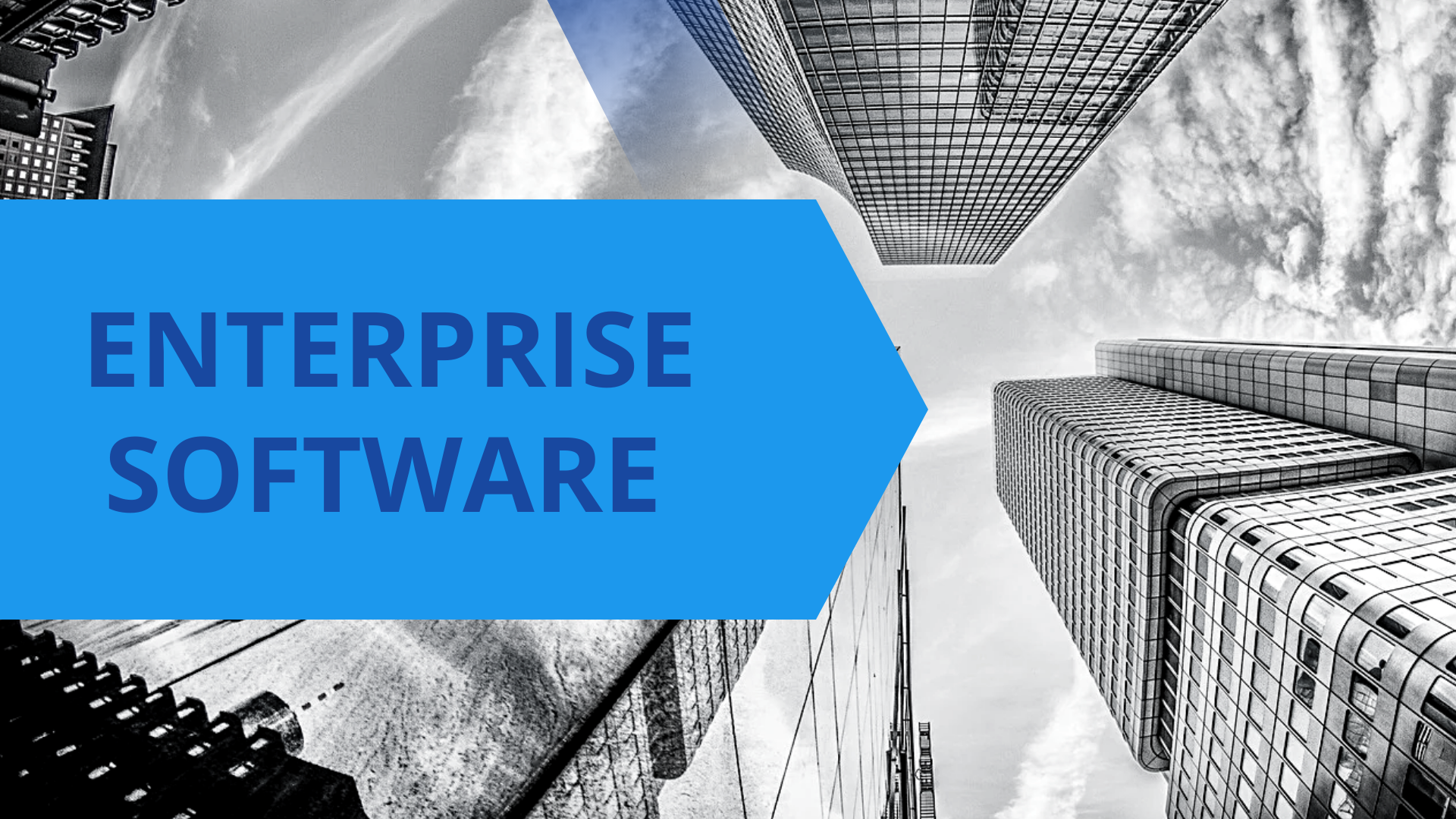
In today’s dynamic business environment, companies face increasing pressures to keep up with changing market trends and customer demands. To remain competitive, businesses need to adopt innovative solutions that streamline their operations and enhance their decision-making capabilities.
One such solution is enterprise resource planning. In this article, we will explore the benefits of adopting the latest ERP software solutions, the factors to consider when choosing an ERP provider, the steps for implementing ERP software solutions, the common challenges during ERP system implementation, the latest trends and innovations in ERP software solutions, and successful case studies of companies that have adopted ERP software solutions.
Enterprise resource planning systems are complex software solutions designed to integrate and automate various business processes across an organization. These systems can be used in almost any industry and are designed to provide a single source of truth for all business data. Some of the key benefits of an ERP system include improved efficiency, increased accuracy, real-time insights, and data-driven decision-making.
ERP systems can be customized to meet the specific needs of a business and can integrate with other business software, such as CRM, financials, and HR. There are hundreds of ERP software vendors in the market, each with its unique features and capabilities. The implementation of an ERP system can take anywhere from a few months to a few years and can be cloud-based or on-premise. Overall, ERP systems are an essential tool for businesses looking to improve their operations and stay competitive in today’s fast-paced business world.
What is ERP?
Enterprise Resource Planning is a suite of software applications designed to help companies manage day-to-day business activities, including accounting, inventory and order management, human resources, customer relationship management, and supply chain management. It provides a centralized database that connects all business departments and enables them to work together efficiently.
ERP software was initially created in the 1960s to manage inventory control in manufacturing companies. The first ERP system was called Material Requirements Planning (MRP). It evolved over the years, and by the 1990s, it had become a comprehensive system that could manage all aspects of a business. Since then, ERP system has continued to evolve, and with the advancement of technology, it has become more sophisticated and powerful.
ERP Software Solutions
ERP software solutions integrate various business functions such as finance, human resources, inventory management, and supply chain management, into a centralized system. This enables the business to streamline its operations, eliminate redundancies, and improve collaboration and communication.

Key Features of ERP Software Solutions
- Centralized database
- Real-time reporting
- Project management
- Automated workflows
- Inventory optimization
- Accounting and finance management
1.Centralized database:
Businesses may ensure the reliability and consistency of their data by using a centralized database. Because all employees have access to the same data, the risk of errors and inconsistencies that can occur when data is kept in multiple locations is reduced. Businesses may ensure the reliability and consistency of their data by using a centralized database. This means everyone in the organization can make informed decisions using the same reliable information.
2.Real-time reporting:
ERP systems that support real-time reporting provide businesses with quick access to performance metrics and key performance indicators (KPIs), allowing them a more detailed view of their business processes and operations. This feature allows companies to detect and respond to business difficulties swiftly, plan for future growth proactively, and capitalize on new opportunities.
3.Automated workflows:
Automated workflows offer businesses several benefits, such as faster processing times, lower operational costs, and greater data accuracy. An automated sales order processing workflow. Businesses can offer multiple benefits from automated workflows in several ways, including faster turnaround times, reduced operational costs, and enhanced accurate data.
4.Inventory optimization:
Inventory management assists firms in reducing operational expenses by reducing inventory holding costs, reducing the risk of stock-outs, and making informed purchasing decisions. This feature also assists businesses in enhancing cash flow by reducing capital expenditure in inventory and lowering the risk of obsolescence.
5.Accounting and finance management:
An ERP system’s ability to integrate different financial operations, such as accounts payable and receivable, general ledger management, and financial analysis, is one of its key advantages. This integration improves accurate and real-time financial reporting. In addition, ERP systems typically include tools for financial forecasting, budgeting, and resource allocation, allowing businesses to keep track of their financial performance and prepare plans for the future.
6.Project management:
ERP solutions include project management features that allow you to establish and track tasks, timelines, and resource allocation. They also facilitate cooperation and communication easier by offering team chat, real-time document sharing, and version control. ERP systems also provide advanced reporting and analytics that provide insights into project performance and resource utilization. With these skills, project managers can better monitor progress and make informed decisions, keeping projects on track and increasing productivity.

ERP: The Key Points
- ERP software services help organizations to improve productivity, reduce operational costs by automating manual processes, and make timely informed decisions by providing real-time data.
- By using ERP software services, businesses can streamline workflows, improve customer satisfaction, and drive growth by optimizing business processes.
- With the right ERP software service provider, businesses can stay competitive in the dynamic business environment of today.
In today’s business scenarios, ERP software services play an important role in effectively managing complicated business processes. These services provide all-in-one solutions that bring together data from several departments of a business. and have modules for several departments such as accounting, finance, procurement, project management, supply chain, manufacturing, and more.

